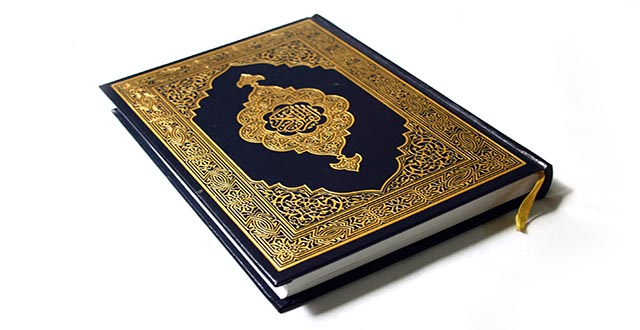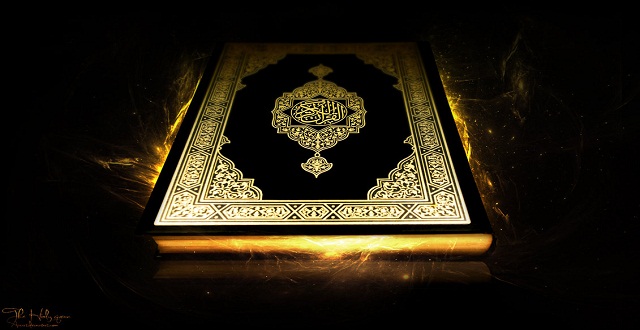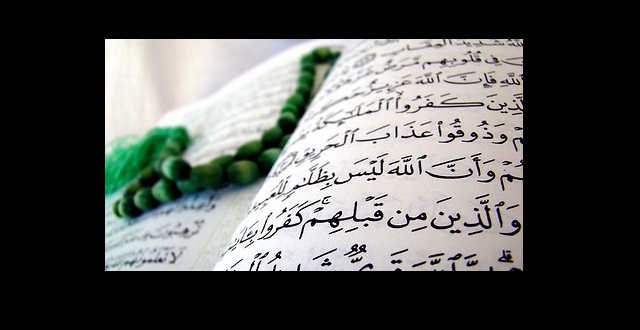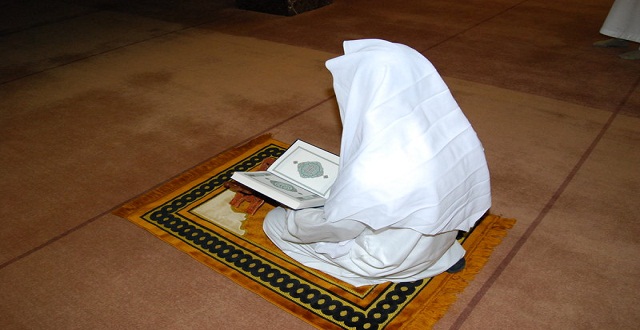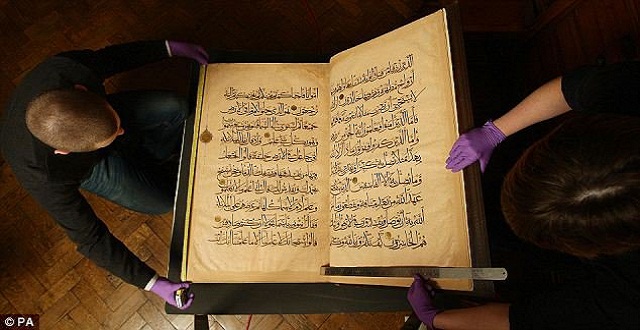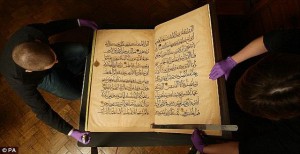The Possibility of Satan Turning into a Human Shape
God says, “Nothing exists, unless it is with Us and We bring it down to you as much as needed.” This shows that everyone and everything in this world is linked to God. This also shows that our world is not the only existing world and that we are leaving in the lowest world of all.
God has said that man could have all the worlds in hands. This proves that no creature from another world could control man, unless it establishes a reasonable relationship with him.
No matter how strong Satan is, man is stronger. Satan could only deceive man by temptation. Satan is not a simple creature as we imagine; it has different ways to deceive human man beings. But it should be mentioned that Satan could only give one an idea. Man himself extends that idea in such a way that it even amazes Satan.
We think that Satan is a simple being, but according to traditions, whenever Satan faces a problem in deceiving man, he summons all satans, infidels and jinns and tests different ways to deceive human beings.
We may not be having a clear picture of the tricks of Satan, while the late Ayatollah Bahjat used to say: human beings must be very careful as if they have entered a field where bullets are shot at him from six sides. Human beings can overcome Satanic forces by relying on their divine nature and divine traditions whose objective is guidance of human beings.
Another point is that as man is above all the other creatures, his being controlled by Satan can only happen at his own will. Therefore, in order to stop Satan, one should try to be more sensitive towards what is right and what is wrong and to make his will stronger.
There are two sides to the primordial nature of man; one is to gain perfection with love and affection towards sublime beings, and the other one is passion for perfection by detesting imperfection or imperfect beings, like Satan. Hating Satan helps one move towards perfection faster.
Satan can appear in different forms. In regards to the prophets, Satan could never deceive them by temptation, and the only way he could confront the prophets is to appear in a worldly form.
Some people believe that Satan cannot incarnate into a human form, but there are verses that reject this belief, like, “Remember Satan made their (sinful) acts seem alluring to them, and said: No one among men can overcome you this day, while I am near to you: But when the two forces came in sight of each other, he turned on his heels, and said: Lo! I am clear of you; lo! I see what ye see not; Lo! I fear Allah. for Allah is strict in punishment.” (Al-Anfal: 48)
Some believe that people cannot see Satan as God says in the Qur’an, “O ye Children of Adam! Let not Satan seduce you, in the same manner as He got your parents out of the Garden, stripping them of their raiment, to expose their shame: for he and his tribe watch you from a position where ye cannot see them: We made the evil ones friends (only) to those without faith.” (Al-A’raf: 27)
Maybe this just means that Satan cannot be seen by man in its real form, but it is visible to man if it incarnates in a human (or another worldly) form. Satan can turn into many different forms, but he can never turn into the form of Prophet Muhammad or other prophets.
According to Prophet Muhammad, “Whoever sees me in a dream is actually seeing me; because Satan could never turn into me.”
Translated by: Sadroddin Musawi


